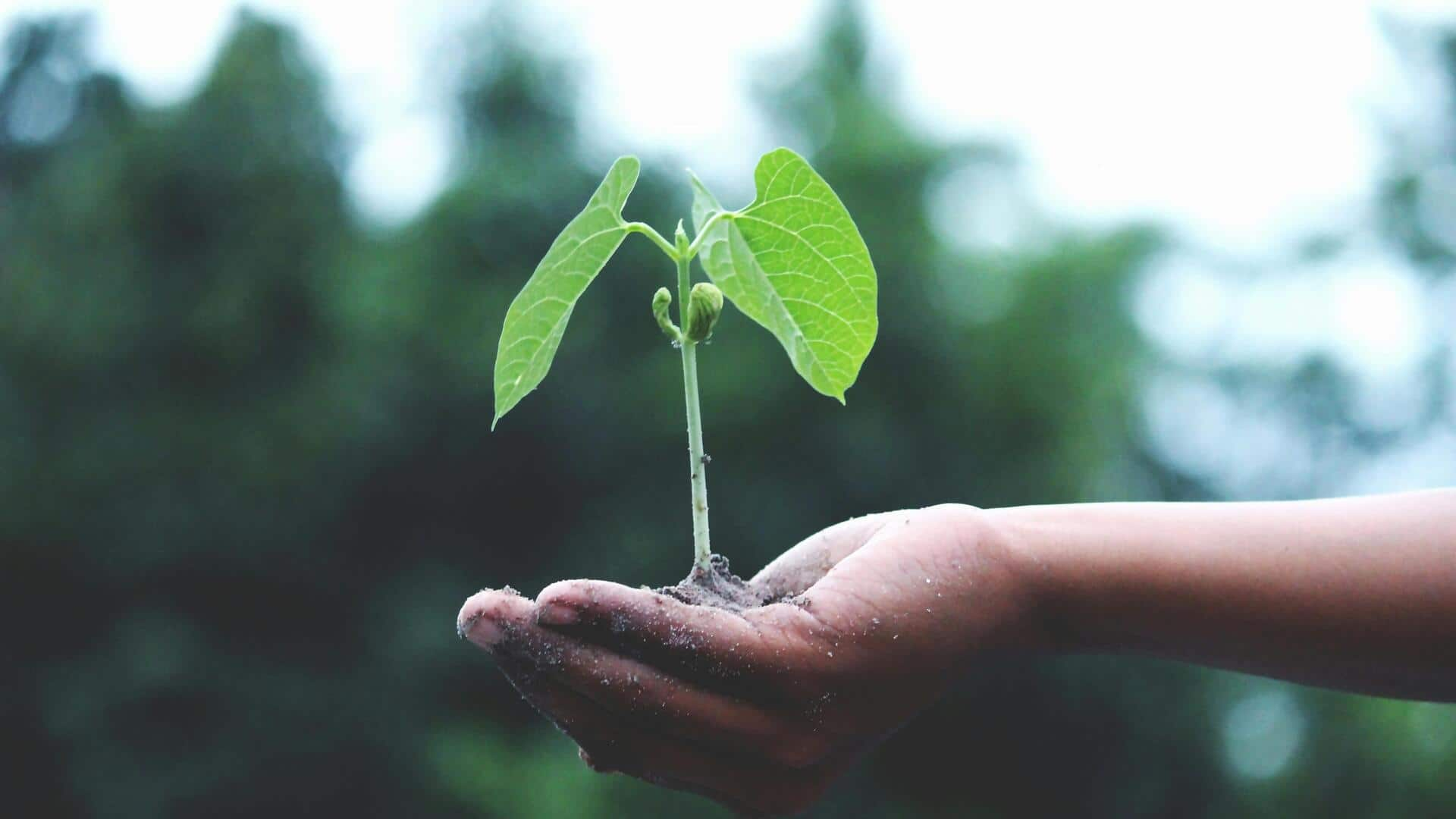
Easy tips to grow cardamom right in your garden
What's the story
Growing cardamom in your garden can be a rewarding experience, giving you fresh spices for your kitchen. Cardamom, which is famous for its aromatic seeds, grows best in tropical climates. However, with the right conditions and care, you can grow it successfully even in less-than-ideal conditions. Here are some practical tips to help you grow cardamom at home, from choosing the right location to caring for the plants.
Tip 1
Choosing the right location
Cardamom needs a warm and humid environment to thrive. Choose a spot that gets partial shade, as direct sunlight can scorch the leaves. The soil should be well-drained and rich in organic matter. If you're planting in pots, make sure they have drainage holes to prevent waterlogging.
Tip 2
Preparing the soil
Before planting cardamom seeds or rhizomes, prepare the soil by mixing compost or well-rotted manure into it. This improves soil fertility and structure. The pH level should ideally be between six and seven. You can test your soil's pH with a kit from a garden center and amend it with lime or sulfur if required.
Tip 3
Planting techniques
Plant cardamom seeds or rhizomes during the warmest months of the year for best results. Sow seeds about one inch deep and keep them moist until they germinate, which may take two to three weeks. If you're using rhizomes, plant them horizontally about six inches apart.
Tip 4
Watering and fertilizing
Regular watering is crucial for cardamom plants, but avoid overwatering as it can lead to root rot. Water them deeply once a week, or more frequently during dry spells. Fertilize every four weeks with a balanced liquid fertilizer diluted to half strength, to support healthy growth without overwhelming young plants.
Tip 5
Managing pests and diseases
Keep an eye out for common pests like aphids and spider mites that may attack cardamom plants. Use insecticidal soap or neem oil as natural remedies to control these pests effectively without harming beneficial insects in your garden ecosystem. Also, ensure good air circulation around plants to prevent fungal diseases like leaf spot from developing due to excess moisture buildup on leaves over time.